
1. 去唱歌 Go To Karaoke
Opis
一. Dialogue 对话
A:今晚我和丽丽想去K歌,你要不要来?
Jīn wǎn wǒ hé lì lì xiǎng qù K gē ,nǐ yào bú yào lái ?
B:我不太会唱歌。我怕我唱不好。
wǒ bú tài huì chàng gē 。wǒ pà wǒ chàng bÙ hǎo 。
A:没关系的,一起玩开心就好啦!
méi guān xì de ,yī qǐ wán kāi xīn jiù hǎo lā !
二. Words & Expressions:
1.【今晚】jīn wǎn: tonight
2.【歌】gē: song
3. 【唱歌】chàng gē: sing
4. 【怕】pà:be afraid of, fear
5. 【开心】kāi xīn : happy
三. Dialogue Explanation:
1. 今晚我和丽丽想去K歌,你要不要来?
Jīn wǎn wǒ hé lì lì xiǎng qù K gē ,nǐ yào bú yào lái ?
Lily and I want to go to Karaoke tonight, do you want to to join us?
2. 我不太会唱歌。我怕我唱不好。
Wǒ bú tài huì chàng gē 。wǒ pà wǒ chàng bÙ hǎo 。
I’m not good at singing, I’m afraid that I can’t sing well.
note: "不太“ literally means "not too", which means "not very" or "not so".
3. 没关系的,一起玩开心就好啦!
Méi guān xì de ,yī qǐ wán kāi xīn jiù hǎo lā !
Don’t worry, let’s just have fun together!
☞ (不太会唱歌和唱不好是)没关系的= 没关系的 abbr.
☞The "是... 的" construction for emphasizing details
the 是⋯⋯的 construction is frequently used when asking or telling details about the past.Although this structure is called the 是⋯⋯的 construction, the 是 is nearly always optional. You will often hear this structure with 是 omitted, so be aware. The only time 是 is required in this construction is when it's being negated. Other than that, 是 is commonly omitted.
e.g. 1
A: 你 骑 自行车 来 的 吗 ?(Emphasizing "by bike")
nǐ qí zìxíngchē lái de ma?
Did you come by bike?
B: 我 走 来 的 。(Emphasizing "by foot")
Wǒ zǒu lái de.
I came by foot.
e.g.2
A: 谁 告诉 你 的 ?(Emphasizing "who")
shéi gàosu nǐ de?
Who told you?
B: 一 个 同事 告诉 我 的 。(Emphasizing "a colleague")
yī gè tóngshì gàosu wǒ de.
A colleague told me.
Kanał podcastu
Learn Chinese with Lucky Yancy
Autor
Lucky YancyLektor ze społecznościWszystkie odcinki
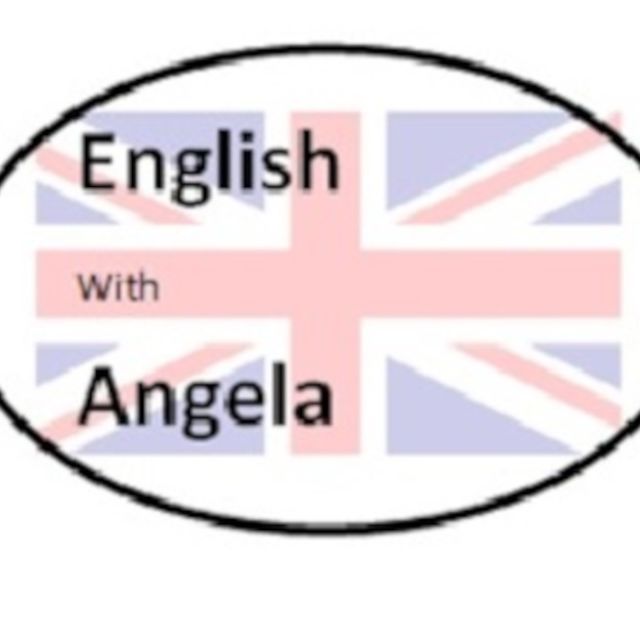
Problem one - You can’t make some of the English sounds
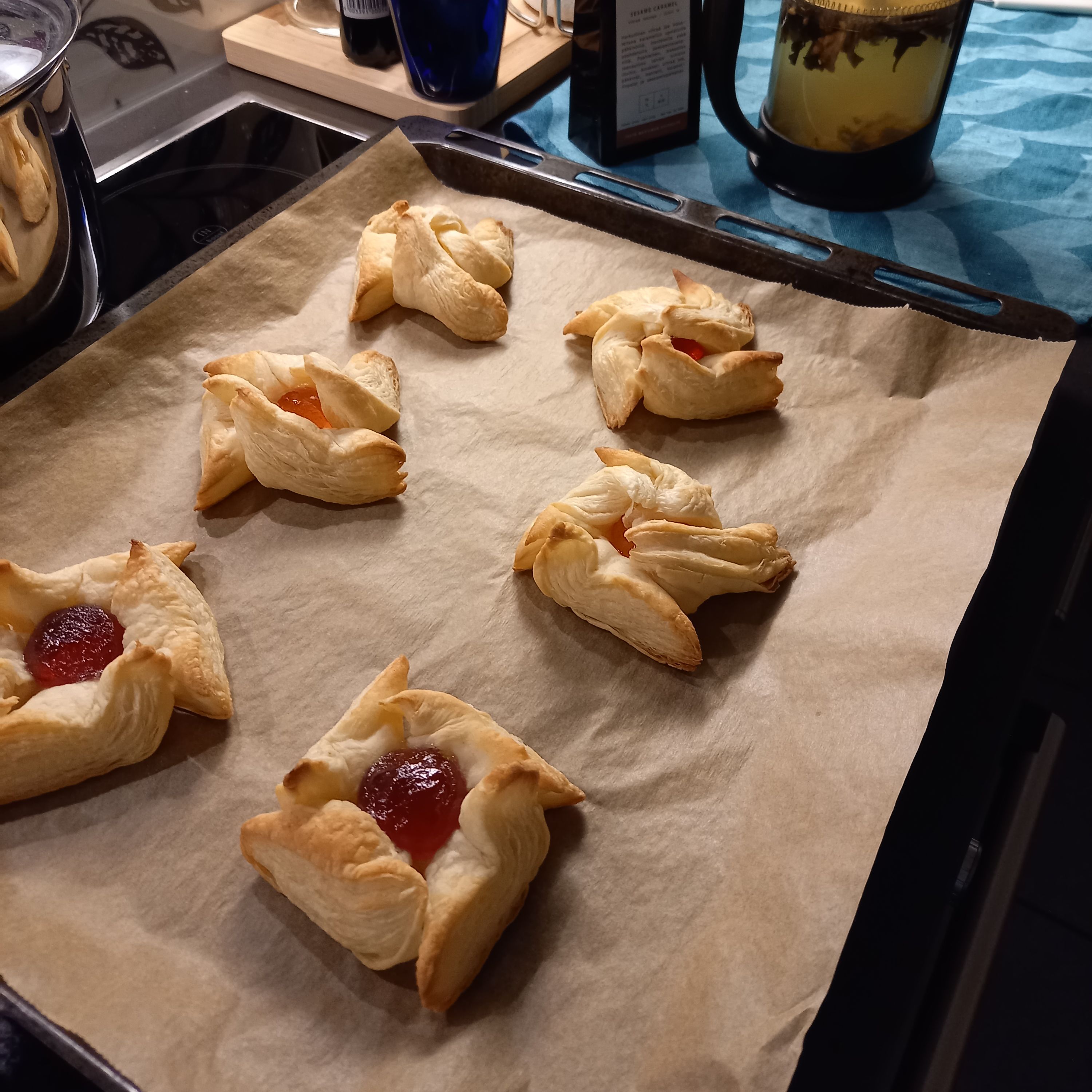
19. jakso: Joulun perinteet Suomessa
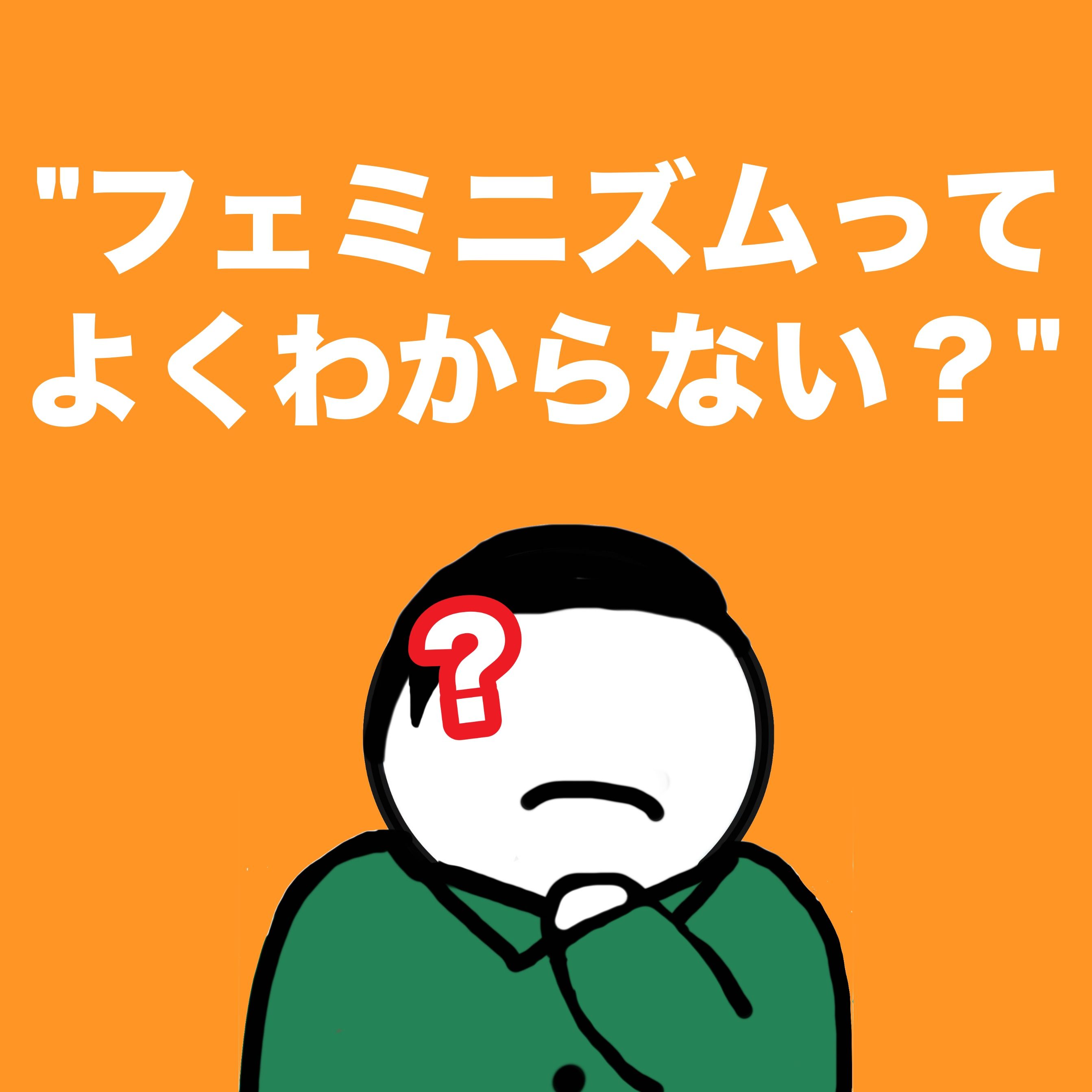
“Gender inequality that I was feeling when I moved to London from Tokyo” 東京⇒ロンドン、33歳の私が痛感した男女不平等

Fake News

Pombero
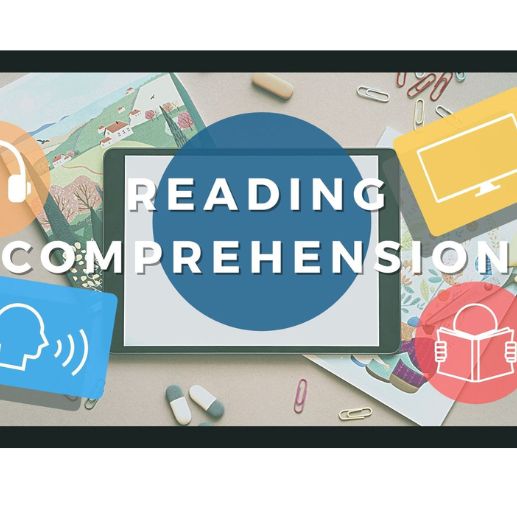
Leaving a Review in Italy? You May Need to Prove It's True
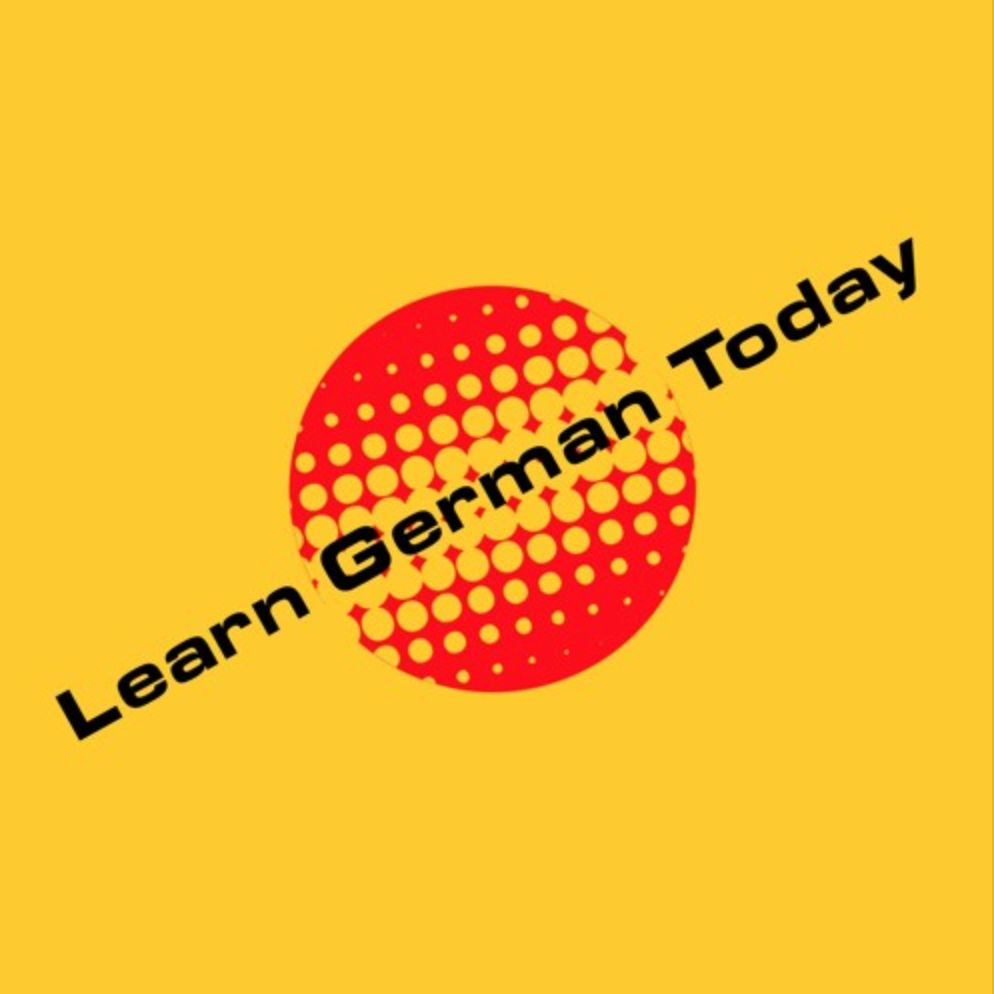
11_Die deutschen Dialekte
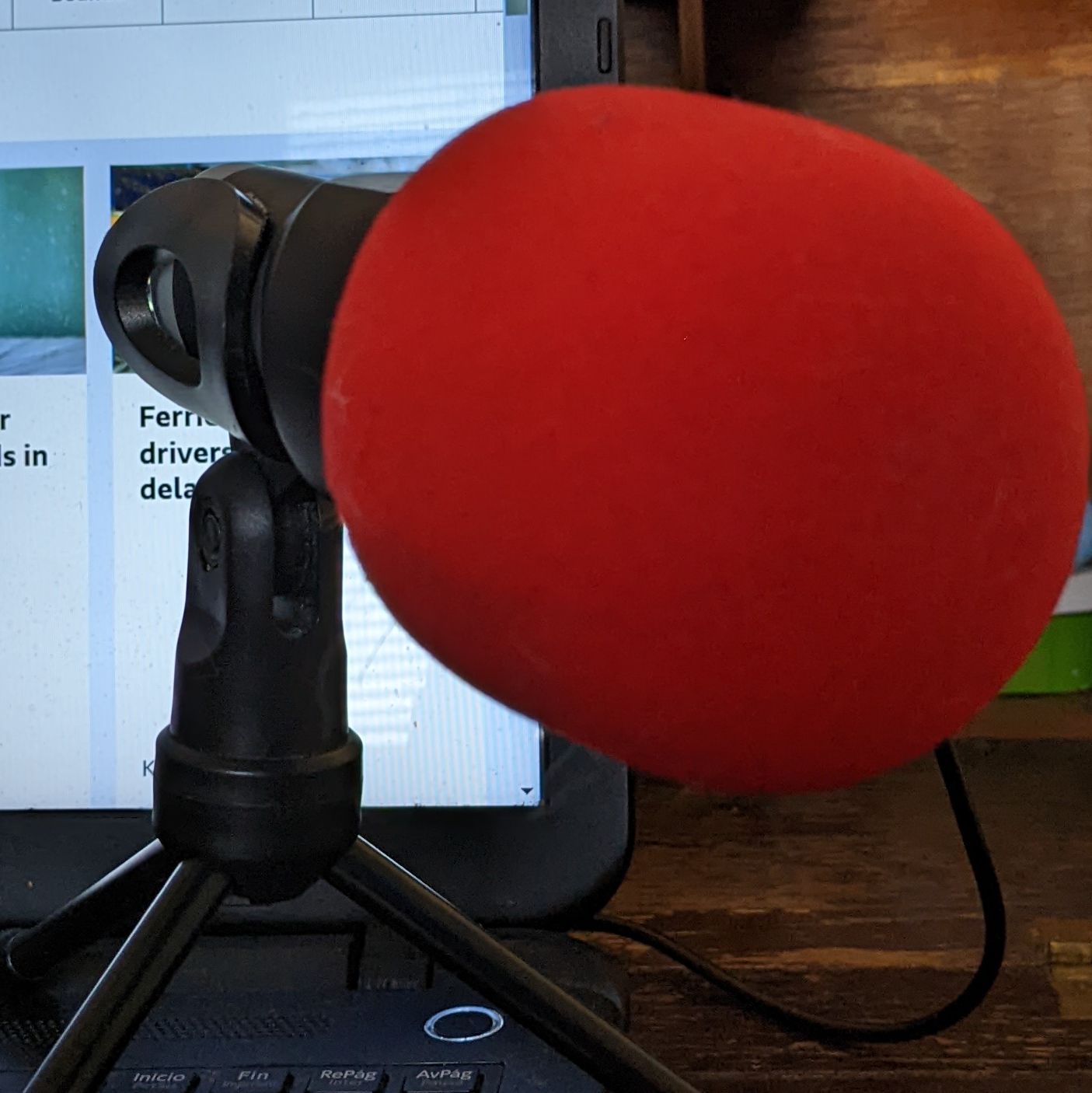
Marking the Coronation in Scotland (with transcript)
Popularne odcinki

Pronunciation
Problem one - You can’t make some of the English sounds

Suomea for you
19. jakso: Joulun perinteet Suomessa

"After 5" by Japanese Teacher
“Gender inequality that I was feeling when I moved to London from Tokyo” 東京⇒ロンドン、33歳の私が痛感した男女不平等

Lingua Juice Podcast
Fake News

Mucho que decir
Pombero

Practice Listening, Reading & Comprehension
Leaving a Review in Italy? You May Need to Prove It's True

LearnGermanToday
11_Die deutschen Dialekte

Teacher Joseph's Podcast
Marking the Coronation in Scotland (with transcript)